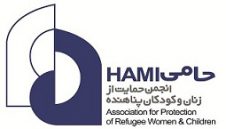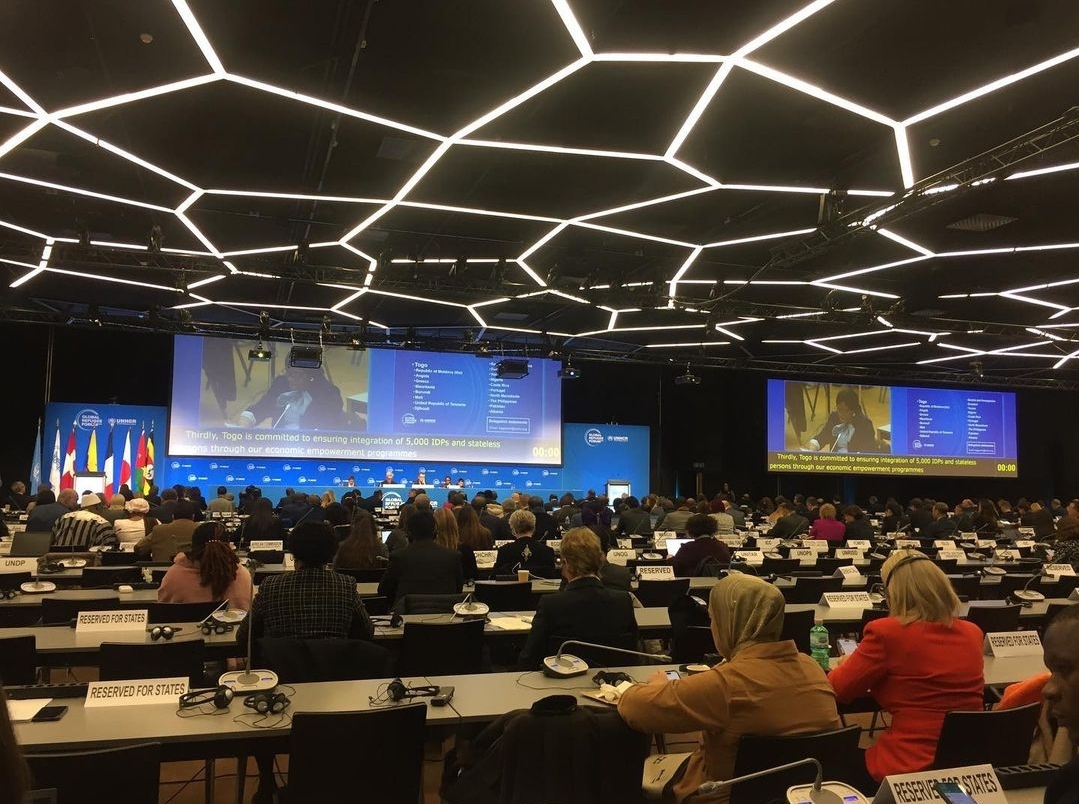Introduction
Since 1979, the Islamic Republic of Iran has gradually emerged as one of the largest refugee-hosting countries globally. Due to its regional geostrategic position, Iran has been directly impacted by crises such as armed conflicts, economic instability, and political tensions in neighboring countries, leading to waves of forced displacement. As a result, Afghan refugees and asylum seekers in Iran have become long-term residents, with 70% residing in urban areas, 27% in rural areas, and only 3% in refugee camps. The number of Afghan nationals in Iran has significantly and uncontrollably increased since the beginning of 2021, largely due to the Taliban regaining power and the prolonged conflicts in Afghanistan over the past five decades, which have severely hindered human growth and development in the country.
Therefore, the key indicators of political, economic, and social instability have consistently placed Afghanistan at the bottom of the development and humanitarian charts.
The resurgence of the Taliban in August 2021 has disrupted all efforts aimed at improving human development indicators, leading to a bleak outlook for progress. The systematic exclusion of women and girls from education, politics, and social participation has resulted in a mass exodus from the country. In response, the Iranian government’s flexible policy, rooted in moral values and Islamic principles, has provided Temporary Humanitarian Protection to millions of Afghan citizens since the beginning of 2021.
In the meantime, the education and health of millions of newly arrived Afghans are crucial for government and civil society organizations. Iranian NGOs and charities, despite social and financial barriers and financial constraints caused by economic sanctions, strive to improve the situation. Despite restrictions on receiving international financial resources, there has been a significant effort to appropriately address the humanitarian needs of Afghan refugees, including education, health, and other social services.
According to the survey, the primary reasons for Afghan concern and fleeing from Afghanistan since 2021 have been fear of harassment by the Taliban regime, economic problems, and discrimination against women but studies in 2023 have indicated that the majority of Afghan refugees and asylum seekers in Iran come from economically and socially vulnerable individuals and groups who actively looking for various social services, including education, health, and livelihoods.
Pledge No. 1 supports the improvement of providing quality and inclusive education.
HAMI with nearly 3 decades of activity in the field of refugees and asylum seekers in the region and refugees living in Iran as one of the largest refugee countries in the world. Believing in the importance of education for refugee women and children as a key issue in the path of human development and especially the influential role of education in the reconstruction of Afghanistan and the establishment of sustainable peace in this country, it is our committed to working with local and international partners to facilitate access for not only refugees who are out of school to education even work for vulnerable host community children to reducing the number of out of school children in less privilege areas
In this regard, and in continuing our goals and missions, we pledge in close cooperation with local and international partners in the next 4 years ،facilitate for the return of at least 15,000 surviving children from education, including the host community and refugees, to the education system. The proposed budget for the definitive realization of this goal is $4.5 million.
Pledges No2- establishing coordination and broadening deepening Regional Networking
Iran is one of the largest refugee host countries globally, with the majority of refugees, asylum seekers, and illegal immigrants coming from Afghanistan. Currently ،the issue of Afghan refugees living in the region, has become a regional issue and crisis that has affected the majority of Afghanistan neighbor countries.
Attention to this important issue, with human and humanitarian dimensions are one of our priority. We believe in the role play and effective partnership of all actors, including national, regional and international NGOs who are active in the field of refugees inside and outside of Afghanistan, we can facilitate the exchange of information, cooperation, and effective experiences for the protection and reintegration of refugees.
Through networking initiatives, HAMI pledges to expand and reinforcing the regional network over the next 4 years with the cooperation and support of local and international organizations. HAMI has allocated a budget of $1million to establish and develop the Network for strengthening protection of Afghan refugees in the region.
Pledge No 3- Promotion of Health and mental health for refugee children and women:
Over the past 12 years, HAMI Association has offered a range of social services, including psychological counseling for over 25,000 Afghan and Iraqi refugees and asylum seekers residing in Iran. These services are provided through the HAMI’s social service offices located in Four centers across the provinces of Khorana Razavi, Tehran, Semnan, and Qom.
HAMI has provided legal support, counseling, health services, economic empowerment, and other necessary services in its social services centers. The mental and psychological trauma caused by ongoing wars and conflicts in Afghanistan, as well as the social, cultural, and economic challenges faced by the refugee community, have increased the level of vulnerability, mental and psychological challenges among Afghans particularly for Afghan women. There are indications that demonstrate the increased suffering and deep mental crises.
Reducing the social impact on Afghan refugee women and children in Iran, caused by emotional crises, war traumas, conflicts, and social migrations, requires comprehensive planning and measures. This includes re-education, improving women’s health and mental well-being, enhancing self-confidence, teaching life and communication skills, and promoting personal and social resilience, as well as social and economic empowerment.
To address this critical need, HAMI pledge to delivering healthcare and mental health support to over 12,000 Afghan refugee women and children in Iran over the next four years, in collaboration with local and international organizations. Our projected cost for fulfilling this commitment is approximately $2,4 million over the four-year period

